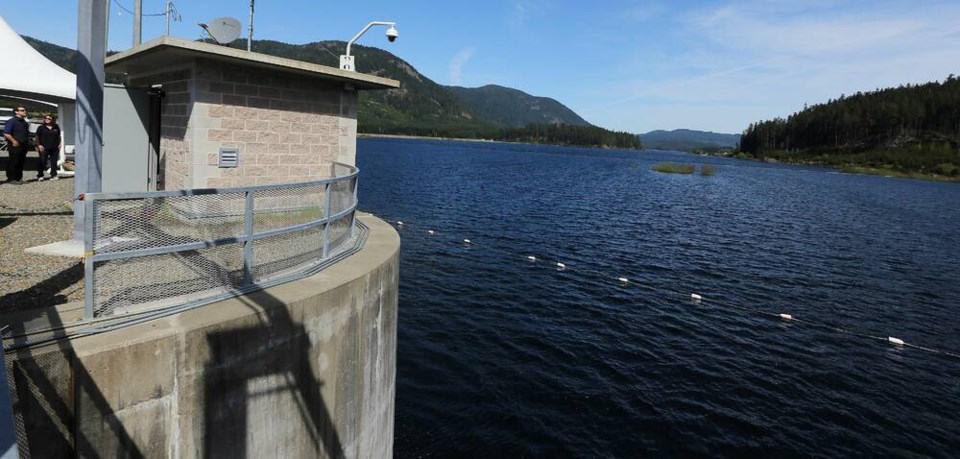A commentary by the chair of the Regional Water Supply Commission.
The Capital Regional District is always open to public feedback, and is aware of concerns about the 2022 Regional Water Supply Master Plan that have been raised by the Urban Development Institute.
We welcome this feedback and perspective. The input provided will be registered and considered as we further refine the development cost charge for the regional water supply.
The master plan serves as a crucial high-level road map, offering a strategic 30-year vision.
It will help utility-service providers allocate resources effectively and enable a focused, proactive approach to assessing potential options and designing solutions tailored to the future needs of the water system.
Reliable and safe drinking water is a foundational requirement of any growing community. Significant population growth continues for our region and is driving the need for increased infrastructure servicing, which is already contemplated in the master plan.
As the master plan is implemented over the next 30 years, treatment and design requirements for each project will be refined based on further feasibility studies and technical work.
Before implementation, the CRD will engage with the public on proposed master plan projects.
As investments are made in water infrastructure, water rates will increase. The Regional Water Supply Commission is trying to find a fiscal balance between current property owners and future owners.
By proactively implementing a development cost charge program, the CRD can fund infrastructure required for growth and reduce water rate increases to existing users and their future water rates.
The foresight of individuals more than 100 years ago bestowed on us the watersheds that we rely on for ensuring drinking water supply. This legacy underscores the importance of long-term planning and vision.
In today’s context, decisions are best informed by a team of expert engineering consultants. Stantec is one of the top-ranked water supply consulting firms in the world, and the senior professionals who worked on the master plan are experts in their disciplines.
They have worked on water supply projects throughout British Columbia, sa国际传媒, the United States and globally. Their thorough reviews undergo peer scrutiny by other seasoned engineers, ensuring a foundation built on expertise rather than opinions.
It is important to note:
1. The responsibility of the CRD and the water supply commission is to ensure safe and high-quality drinking water.
A proposed new filtration process would supplement the existing water treatment processes, particularly when water from the Goldstream and Leech sources are used to supplement supply.
Over time, even the Sooke source water quality is expected to decrease due to the impacts of climate change, mixing with other sources and more significant seasonal water fluctuations in the reservoir resulting from increased demand.
This decision for filtration is grounded in solid reasoning:
• Prolonged periods of water supply exceeding esthetic objectives for source water temperature.
• Escalating risk of algal blooms due to warming waters.
• Elevated fire hazards and extreme weather events, as evidenced by the recent lightning-caused fire.
As a result of these factors, the existing treatment will fall short of needs, and filtration will be required to remove turbidity, harmful bacteria, protozoa and algal cells.
2. The CRD is committed to fire mitigation and watershed health. Ongoing initiatives, such as fuel hazard management, leveraging technology for early fire detection and fire behaviour mapping and modelling are among the strategies used to minimize risk to our watershed. However ,climate change and climate extremes are factors outside of the CRD’s control.
3. Though a steady decline in the per-capita average day demand was seen from 1995 to 2010, the trend has flattened in the past 10 years. This is consistent with trends seen across North America.
To ensure the CRD continues to provide reliable drinking water supply, today and in the future, the master plan includes a conservative estimation of future reductions in per capita consumption and assumes the average day per capita consumption remains constant. We anticipate demand for water to increase as our population continues to grow.
The commitment to foresight, informed decision-making, and proactive measures to address challenges is essential for the sustained success of our water systems.
It is imperative to foster a culture of transparency, openness to informed discourse, and a dedication to the long-term well-being of our water resources.
>>> To comment on this article, write a letter to the editor: [email protected]



